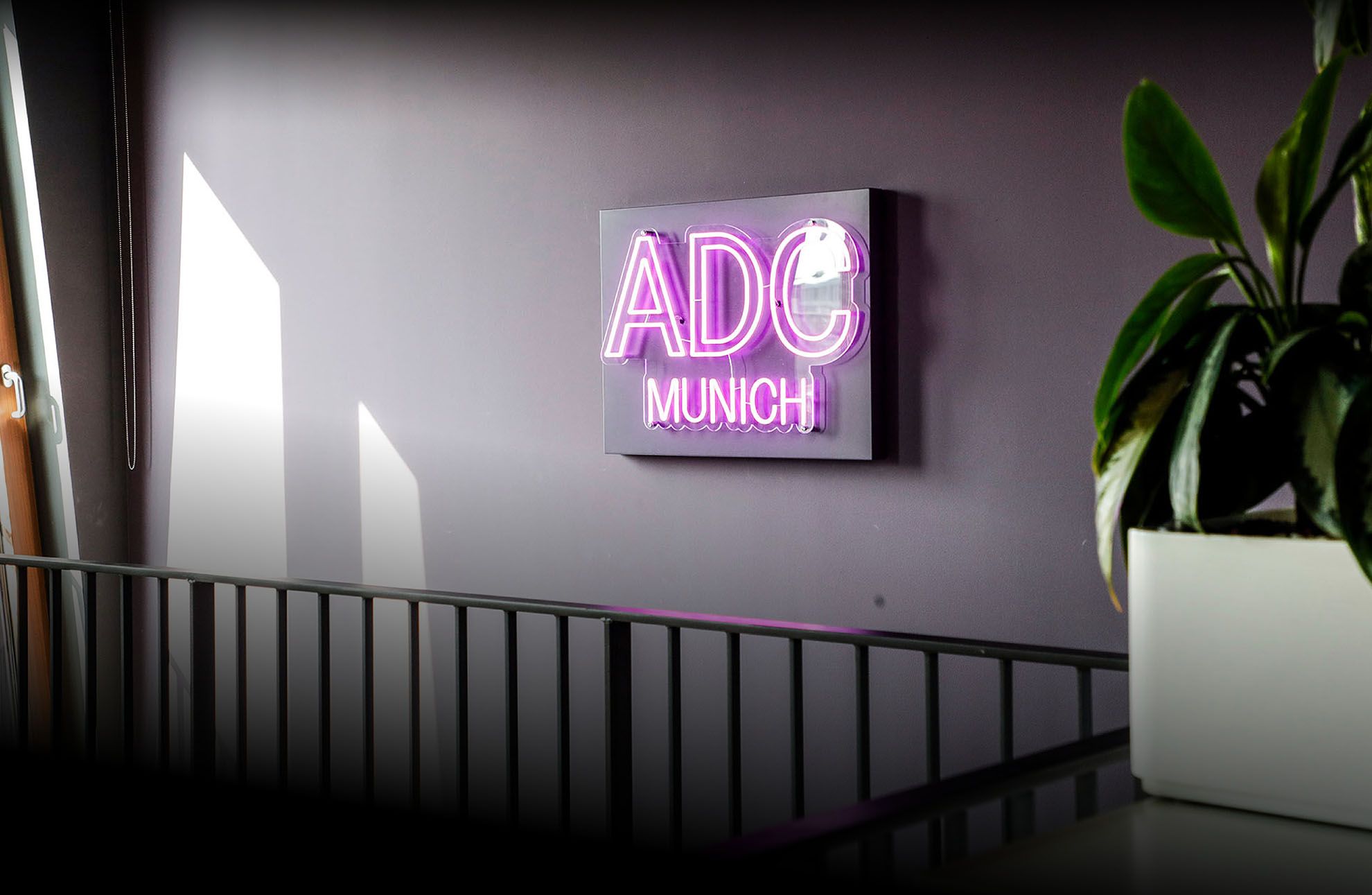Google Opens its First Accessibility Discovery Centre (ADC) in Munich: A Milestone for Digital Accessibility

The Google Accessibility Centre in Munich makes digital accessibility tangible.
Making the internet and digital skills accessible and usable for everyone – with the Centre for Accessibility, Google creates the space for this and sets another important milestone for digital inclusion.
At the ADC, visitors can now experience what accessibility truly means and how it works by trying it out on various computers. The innovative products and solutions – from hardware and software to video games – are specifically designed for people with disabilities, demonstrating how everyday life and social participation can be made easier.
"We want to make the new centre a vibrant place for exchange and collaborative learning. People with and without disabilities are invited to actively participate and co-create inclusive solutions," said Isabelle Joswig, Inclusion Officer at Google Germany, about the new offering.
)
"The centre aims to help break down barriers and create a society where everyone can reach their full potential. We look forward to working with Stiftung Pfennigparade and many other partners."
Google has already opened four Accessibility Discovery Centres worldwide, in London, Dublin, Zurich, and Milan. Now, the first one in Germany has been launched in Munich. The ADC offers workshops and training on digital accessibility.
This is also a great asset for the city of Munich: "As a 'world city with a heart,' we want to make the world a little better for everyone. To achieve this, we need input from the experts [editor's note: people with disabilities] on what we specifically need to improve and how we can implement it," said Verena Dietl, 3rd Deputy Mayor of Munich.
)
Google Munich Promotes Accessible Education: A Partnership with Stiftung Pfennigparade Strengthens Digital Inclusion.
Also on board is Stiftung Pfennigparade, an organisation that advocates for inclusion and conductive education. At the opening event, Google presented the jointly planned training programme, which Google.org, Google’s philanthropic arm, is supporting with €250,000.
The aim of the training is to train 45 people with disabilities as digital skills trainers. To achieve this, Stiftung Pfennigparade is developing its own training programme in its workshop for people with disabilities. "In the training sessions, I experience an exchange on an equal footing. It’s not primarily about my disability, but about my needs and finding solutions together," said Josef, an employee at Stiftung Pfennigparade’s test lab, looking forward to the new project.
As accessibility experts, these 45 workshop employees will in the future provide consultation and training to associations, companies, and other interested parties – all in a fully accessible format, of course.

We are delighted about the close partnership with Google and all our joint initiatives, particularly in the field of digital accessibility. The ADC in Munich offers an excellent platform for transferring knowledge from people with disabilities and their specific needs to developers and companies, thereby giving this important topic even greater visibility and priority.
Digital Accessibility: an Important Issue for UDG
The importance of this topic is also demonstrated by the Accessibility Act (BFSG), which will come into force in 2025. From June 2025, companies will be required to ensure that their digital products, services, and online shops are designed so that they can be used by everyone – both with and without disabilities.
PIA UDG has long been committed to accessibility and inclusion. The digital agency, together with Aktion Mensch, Google, Stiftung Pfennigparade, and the consulting agency BITV-Consult, conducted the 2024 Accessibility Report (only in german), in which Germany's most visited online shops were thoroughly tested for accessibility.
This is a cause that, back in the day, was also important to Oskar Picht. As a pioneer of accessibility, he invented the first braille typewriter in 1910, a typewriter for people with visual impairments. In his honour, Kiel-based artist Ute Diez created a bronze artwork, which was unveiled during the opening ceremony at the ADC in Munich. It is a tribute to the trailblazers of accessibility and will now be part of a permanent exhibition at the ADC in Munich.
In the future, PIA UDG will continue to advocate for accessibility and promote it together with Google. Whether through joint initiatives, training sessions, or other formats, they aim to further integrate digitalisation and accessibility.
